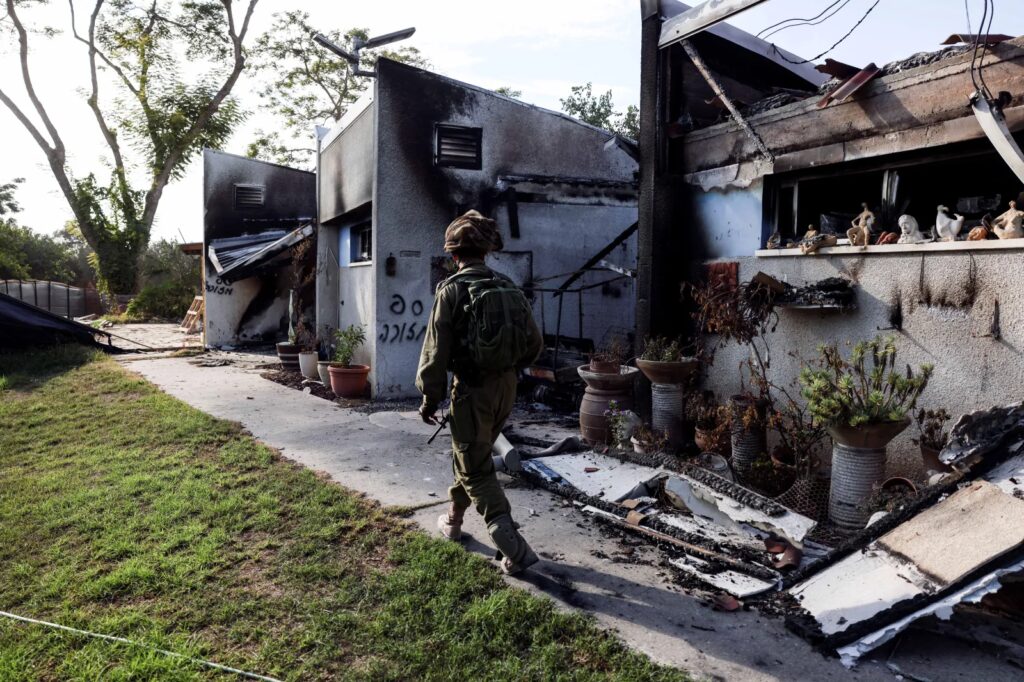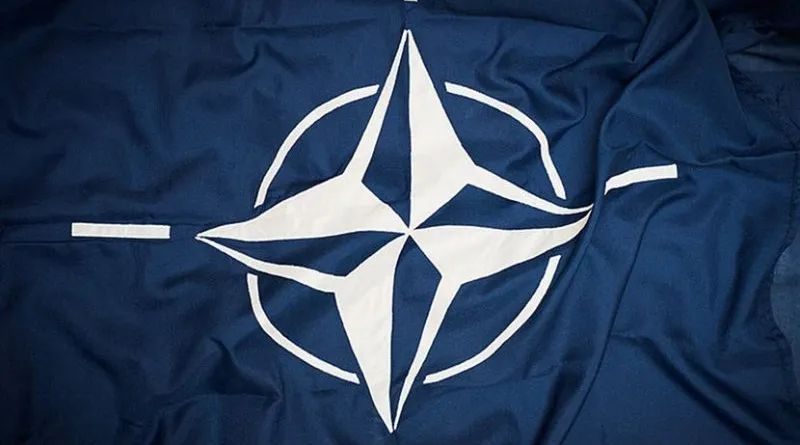A Catastrophic Success for Hamas?

How the Attack on Israel Could Backfire for the Group
Hamas’s October 7 terrorist attacks, which killed over 1,000 Israelis, provoked outrage around the world. Politicians from Washington to New Delhi condemned Hamas and offered condolences to the Israeli people. Leading politicians traveled to Jerusalem and Tel Aviv. The devastatingly high number of fatalities, relative to the size of Israel’s population, prompted U.S. Secretary of State Antony Blinken to describe the attack as “the equivalent of ten September 11s.”









